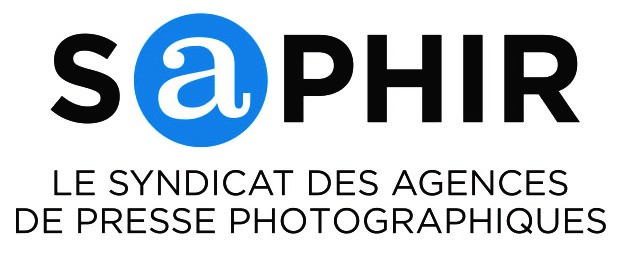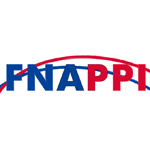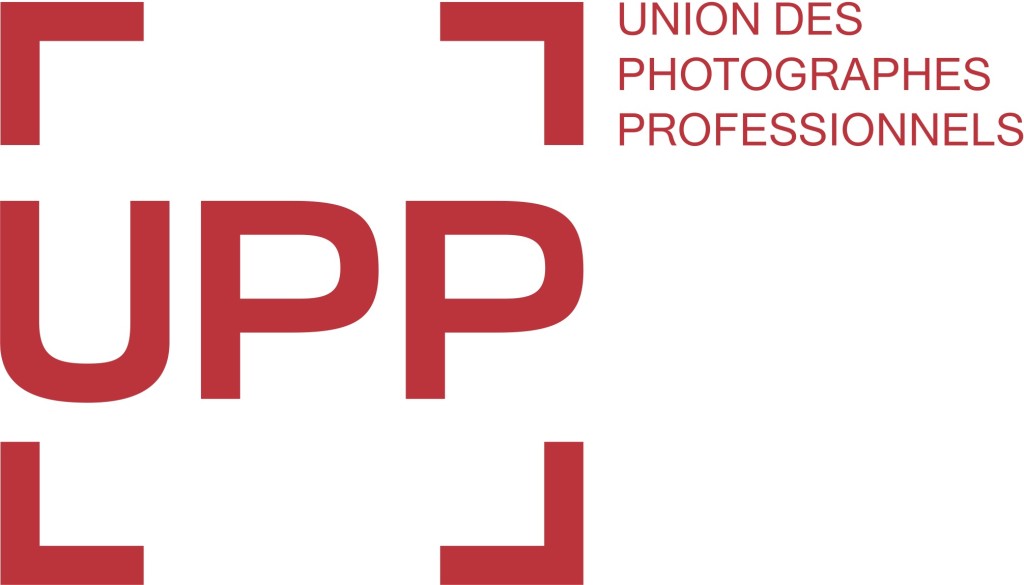Today, a pivotal new report by the Culture, Media and Sport Committee has been released calling for better support and compensation for creators, through a statutory scheme to pay them for their copyright, and the establishment of new support mechanisms for freelancers.
One of the standout recommendations from the report is the implementation of The Smart Fund, which is aimed at compensating creators for private copying of their content. This recommendation is a beacon of hope for creators – including actors, artists, authors and directors – who have long grappled with unpredictable earnings, particularly in the era of digital consumption. The committee has recommended that the UK government work with the creative industries to develop a statutory private coping scheme, to be produced in the next twelve months.
The Smart Fund is a proposal by organisations from across the creative industries, that will ensure creators and performers are paid fairly for their work when it is accessed, distributed, and stored on digital devices. It does this using a small percentage from sales of electronic devices which enable copying and storing creative content.
The Smart Fund would enable creators to be fairly compensated when their works are copied or moved across digital devices. This initiative not only addresses the immediate need for creators to receive proper remuneration but also aligns with similar successful schemes implemented in 45 other countries around the world, including Canada, Japan, France, Germany, and Spain. It is estimated that implementing such a scheme in the UK could generate between £ 250-300 million a year for creators, without cost to the government or to consumers. In some countries where similar schemes exist, such as Germany and France, 10% to 15% of the residual payment goes into national arts and culture funding.
BECS Member and Actor, John Hollingworth, who provided evidence at September’s CMS Committee session, highlighted the challenges and precarity faced by freelance creators, and the critical importance of future-proofing statutory payments: “There is an expectation that actors can live on thin air and can survive until the next job, instead of getting fair pay for the work that we do and receiving meaningful residuals for it. It is easy to assume that because I have been in lots of television shows and have stood next to lots of famous people that I never struggle for money. But it is important to admit that, even at my relatively successful level, it is challenging year on year. £2,000 or £3,000 per year is a huge amount of money. It covers mortgages. It puts food on the table. If you ask how our work could be made less precarious, then safeguarding the money that Collective Management Organisations collect on our behalf is vital. We absolutely cannot underestimate it.”
Dame Caroline Dinenage MP, Chair of the CMS Committee, underscored the urgency of supporting creators in navigating the rapidly evolving landscape of the creative industries. “If creators are no longer to be the poor relations, the Government needs to play catch up by plugging the gaps in outdated copyright and intellectual property regulations and ensuring that there is a champion for the rights of freelancers, who make such a vital contribution to their industries.”
The Chief Executives from ALCS (Authors and Writers), BECS (Actors and Performers) DACS (Visual Artists), Directors UK and PICSEL (Visual Artists) provided the following joint statement:
“The way we experience culture is constantly changing. Together, we are campaigning for a statutory mechanism that protects the rights of creators and performers, when their works are enjoyed, shared, and distributed, including across digital devices. The Smart Fund represents a pivotal opportunity to offer creators a sustainable income stream in an ever-expanding digital environment. We call on all political parties to commit to adopting the recommendations laid out in this report in their general election manifesto, particularly the urgent need to implement the Smart Fund to fairly remunerate, resource and recognise our creators.”
The report is the outcome of the Department for Culture, Media and Sport (DCMS) Select Committee session on Creator Remuneration on 19th September 2023. Representatives from Collective
Management Organisations across the Creative industries provided evidence to the committee on the issues affecting creator remuneration in the UK. The extension of existing collective licensing schemes was tabled as a means to alleviate low remuneration for creators.
Press Contact:
Kate Rosser-Frost, Head of Communications and Engagement, DACS
kate.rosser-frost@dacs.org.uk 07908 711 945
Alistair Small, Communications and Engagement Lead, DACS
alistair.small@dacs.org.uk 07502 214 434
Notes to editors:
Further information on The Smart Fund can be found at: https://thesmartfund.co.uk/
Once published, the full report will be available here.
ALCS
The Authors’ Licensing & Collecting Society (ALCS) is a not-for-profit organisation started by writers for the benefit of all types of writers. Owned by its members, ALCS collects money due for secondary uses of writers’ work. It is designed to support authors and their creativity; ensure they receive fair payment and see their rights are respected. It promotes and teaches the principles of copyright and campaigns for a fair deal. It represents over 120,000 members, and since 1977 has paid over £700million to writers.
alcs.co.uk | @ALCS_UK
BECS
The British Equity Collecting Society (BECS) is a not-for-profit organisation, established in 1998.
BECS has perhaps the largest representation of performers with audio-visual fixations in the UK. Representing around 32,000 direct members and over 100,000 performers through our network of bilateral partners, BECS manages and enforces their rights and collects remuneration for the use of their audio-visual work through licensing agreements around the world. We are a Collective Management Organisation and governed by our members. BECS has performers’ best interests, accountability, and transparency at the heart of everything we do.
becs.org.uk | @BECS_Performers
DACS
Founded in 1984, DACS is a not-for-profit organisation dedicated to championing, protecting, and managing the rights of artists and maximising their royalties. It envisions and works towards a society which recognises, respects, and values all artists. DACS collects and distributes royalties to artists, creators, and their beneficiaries. Every year, thousands of creators trust DACS to protect their rights and help them make money from their work. For 40 years, it has managed copyright licensing requests on behalf of its members. Since 2006, DACS has paid out over £125 million in Artist’s Resale Right royalties to artists and their estates, and over £75 million in collective licensing royalties since 1999 through its Payback scheme.
Dacs.org.uk | @DACSforArtists
Directors UK
Directors UK is the professional association of UK screen directors. It is a membership organisation representing the creative, economic, and contractual interests of over 8,000 members – the majority of working TV and film directors in the UK. Directors UK negotiates rights deals and collects and distributes royalties to its members. It also campaigns and lobbies on its members’ behalf and provides a range of services including legal advice, events, and career development. Directors UK works closely with fellow organisations around the world to represent directors’ rights and concerns, promotes excellence in the craft of direction and champions change to the current landscape to create an equal opportunity industry for all.
directors.uk.com | @Directors_UK
PICSEL
PICSEL is a not-for-profit organisation for the visual arts founded in 2016 representing over 10,000 rightsholders who benefit from our annual distributions of secondary rights revenue. This has amounted to over £5m since 2016, helping creators maintain their chosen vocation at a financially challenging time for all, not least visual artists. We are a collective management organisation, founded and run by our members, with the remit to safeguard the rights of our members and ensure equitable and transparent remuneration.








